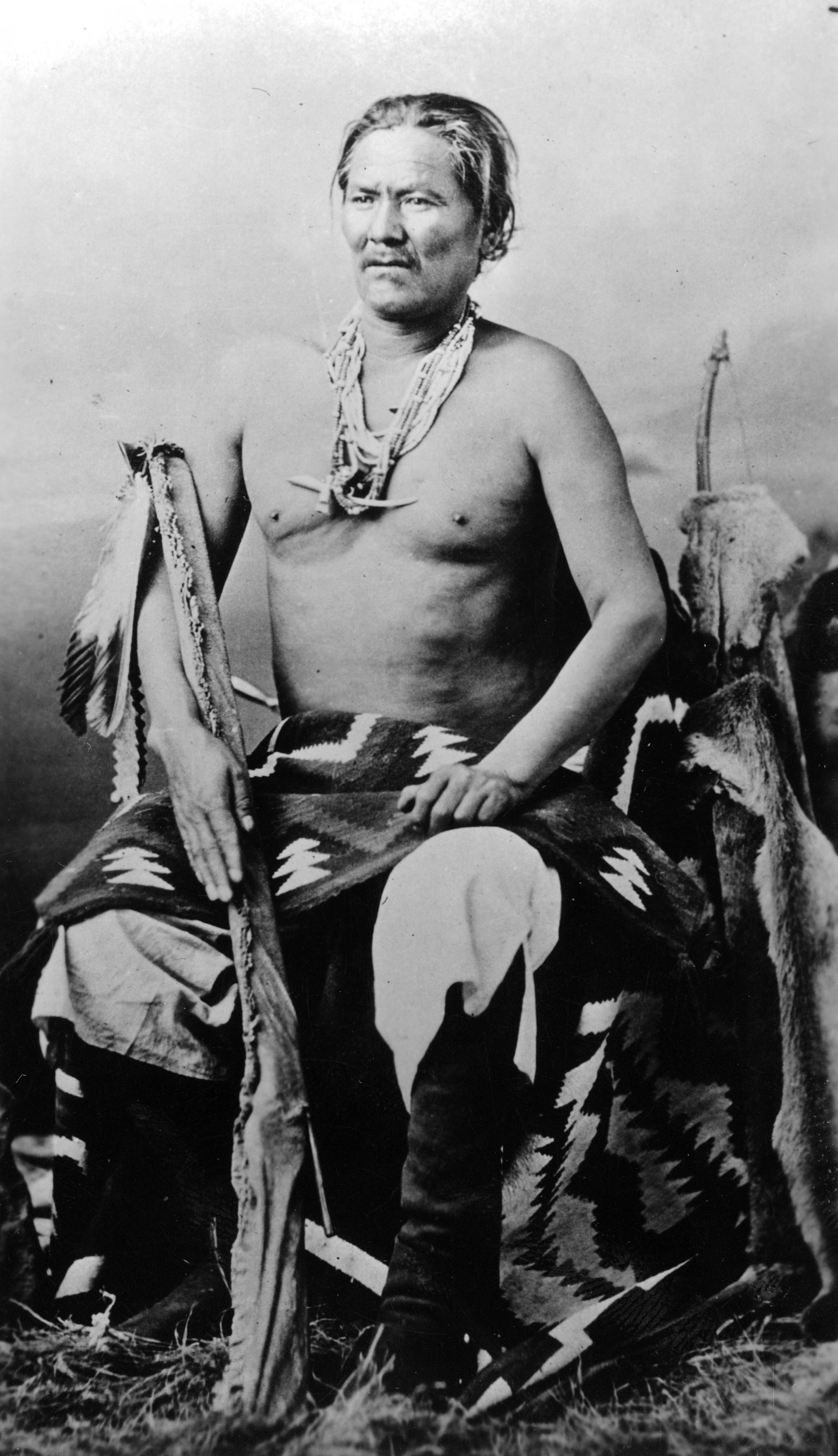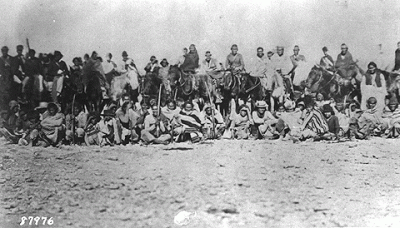Top 10 Celebrities Embracing Navajo Roots
Navajo is the largest federally recognized Native American tribe in the United States, and they have produced numerous talented and influential individuals. Here are 10 popular celebrities and notable people from Navajo ethnicity:
- John Trudell: A renowned Native American activist, poet, musician, and actor. Trudell used his platform to advocate for indigenous rights and environmental issues.
- Rhadika Vekaria: A Navajo actress known for her roles in movies like “The New World” and “Cheyenne.” Vekaria has been committed to raising awareness about Native American representation in the film industry.
- Joe Shirley Jr.: Served as the 8th President of the Navajo Nation from 2003 to 2011. Shirley focused on economic development, education, and improving basic services for the Navajo people.
- Marietta Pinto: A Navajo educator and advocate for Native American education. Pinto has dedicated her career to improving educational opportunities and preserving Navajo language and culture.
- Albert Hale: The 45th President of the Navajo Nation, serving from 1995 to 1998. Hale’s administration focused on economic development and improving infrastructure within the Navajo Nation.
- Radmilla Cody: A popular Navajo singer and model. Cody became the first biracial Miss Navajo Nation in 1997 and has used her platform to promote cultural preservation and address domestic violence.
- Tommy Macias: A Navajo professional basketball player who competed in the NBA for the Portland Trail Blazers and Phoenix Suns. Macias contributed to the representation of Native Americans in professional sports.
- Marian Denipah: A renowned Navajo jeweler known for her exquisite silverwork and unique contemporary designs. Denipah’s jewelry has gained international recognition and has been featured in various exhibitions and galleries.
- Manuelito Wheeler: The former director of the Navajo Nation Museum in Window Rock, Arizona. Wheeler has worked tirelessly to preserve and promote Navajo art, culture, and history.
- Yolanda Tso: A Navajo fashion designer and founder of the brand ACONAV. Tso combines Navajo traditions with contemporary fashion to create unique and culturally significant clothing.

Most Famous Navajo People
Navajo’s Three Pinnacle Historical Inheritances
The Navajo community is one of the most vibrant and well-known Native American tribes in the United States. With a rich history that spans centuries, the Navajo people have preserved their unique heritage through traditional practices, art, and storytelling. Here are three of the most well-known historical inheritances associated with the Navajo heritage:
1. Navajo Code Talkers
During World War II, the Navajo people played a crucial role in the United States military as code talkers. The Navajo language, which is incredibly complex and not easily deciphered, was used to create a code that the enemy could not crack. Navajo soldiers served as radio operators, transmitting messages in their native language, allowing the Allies to communicate securely and effectively. The code created by the Navajo code talkers played a pivotal role in several major battles, helping to secure victory for the Allied forces.
2. Navajo Weaving
Navajo weaving is a traditional art form that has been passed down through generations. The Navajo people are known for creating intricate and beautiful textiles using a variety of materials, including wool and natural dyes. These textiles often feature vibrant colors and complex patterns, showcasing the artistic talent and cultural heritage of the Navajo community. Navajo weaving is not only a way to preserve the stories and traditions of the Navajo people but also a means of economic sustainability for many artisans within the community.
3. Navajo Silversmithing
Another notable aspect of Navajo heritage is their skill in silverwork. Navajo silversmiths have been creating stunning jewelry for centuries. The Navajo community began crafting silver jewelry in the late 19th century, after learning metalworking techniques from Mexican artisans. Today, Navajo silverwork is recognized for its unique style, incorporating traditional symbols and natural motifs. Jewelry such as necklaces, bracelets, and earrings play an essential role in Navajo ceremonies and are also sought-after collectibles around the world.
Some other important cultural aspects of the Navajo heritage include:
- Navajo Hogan: The traditional dwelling of the Navajo people, made with natural materials such as wood, mud, and stone.
- Sandpainting: A sacred Navajo art form used in healing rituals and ceremonies, created by pouring colored sands onto a flat surface.
- Navajo Chantways: Intricate rituals performed by Navajo medicine men to restore balance and harmony to individuals and the community.
- Navajo Language: The Navajo language is the most widely spoken Native American language in the United States and is an essential part of Navajo identity.
- Navajo Long Walk: A tragic event in Navajo history when thousands of Navajo people were forced to walk hundreds of miles to a reservation in New Mexico, resulting in the loss of many lives.
Ethnic Factsheet: The Navajo People
| Demographics | Statistics |
|---|---|
| Population | Approximately 350,000 |
| Language | Navajo |
| Main Location | Navajo Nation, spanning parts of Arizona, New Mexico, and Utah |
| Religion | Traditional Navajo beliefs, Christianity |
| Education | High dropout rates, efforts to improve |
| Employment | High unemployment rates, reliance on agriculture and tourism |
| Health | Higher rates of obesity, diabetes, and other health issues |

The Ancient Heritage of Navajo Ethnic Groups
Navajo Ethnicity: References and Resources
For those looking to learn more about the Navajo ethnic group, there are several references and resources available. These materials provide valuable information on various aspects of Navajo history, culture, and contemporary issues.
- NavajoPeople.org – This website offers an extensive collection of articles, stories, and resources related to Navajo culture, history, and traditions. It covers a wide range of topics, including Navajo language, arts and crafts, ceremonies, and the Navajo Code Talkers, among others.
- Navajo Times – The Navajo Times is a newspaper that covers news and events related to the Navajo Nation. It provides insights into contemporary issues, politics, and culture, offering a unique perspective on Navajo life today.
- Navajo Nation Government – The official website of the Navajo Nation Government provides information on the Navajo Nation’s history, government structure, departments, and programs. It offers a comprehensive understanding of the Navajo Nation’s governance and initiatives.
- Native American Encyclopedia – Navajo – This resource offers a wealth of information on the Navajo people, their history, culture, language, and traditions. It provides detailed articles on various aspects of Navajo life, including their social structure, arts, religion, and traditional knowledge.
- Bureau of Indian Affairs (BIA) – The BIA’s website provides information on federally recognized tribes, including the Navajo Nation. It offers details on tribal enrollment, government services, education, and economic development programs, providing a broader understanding of the Navajo Nation’s relationship with the U.S. federal government.
By exploring these references and resources, individuals can delve deeper into the Navajo ethnic group, gaining insights into their rich history, cultural practices, and contemporary issues they face.
Explore other famous people with Gedeo, Karatas and Lumbee roots, showcasing the diversity of ethnic backgrounds. Delving into the lives of notable figures from various ethnic backgrounds associated with these Navajo roots reveals the intricate web of connections between global cultures and their significant contributions to the world.
We have reached the end of our exploration into the extraordinary lives of prominent Navajo. We hope this journey has been enlightening and inspiring.
Join channel telegram websitekami.com agar tidak ketinggalan berita loker terbaru lainnya
Join now
